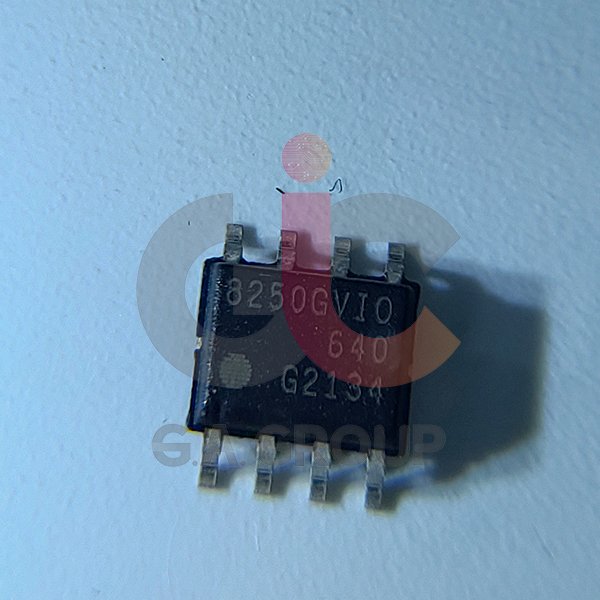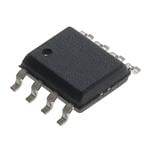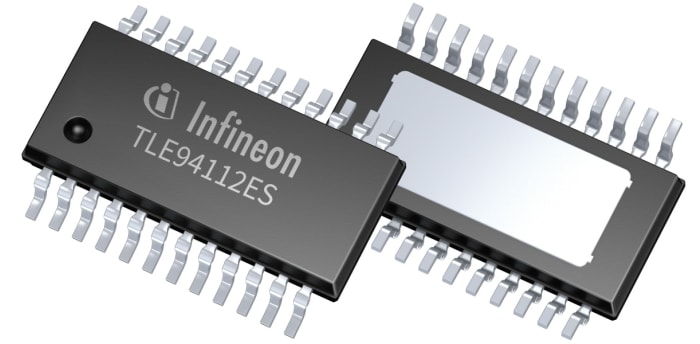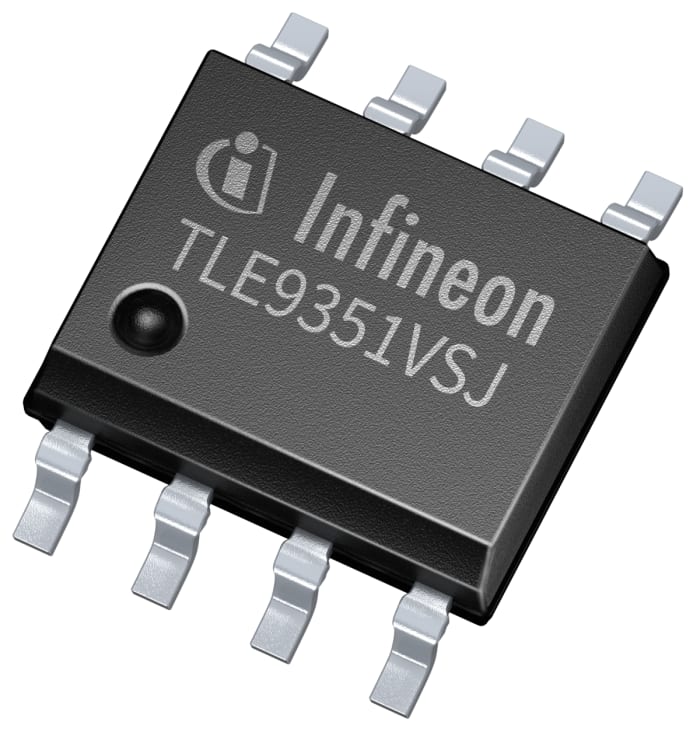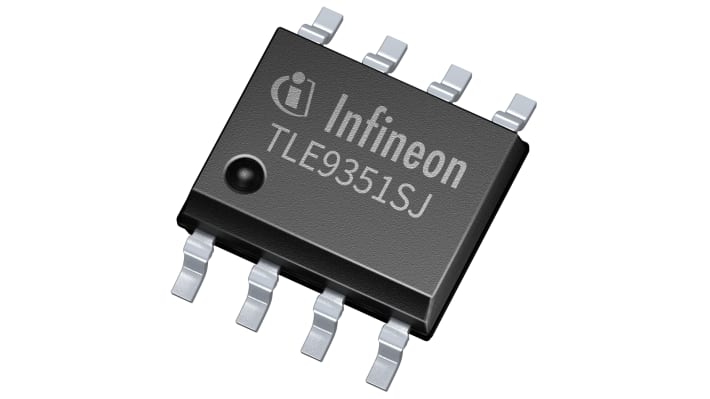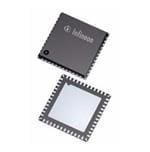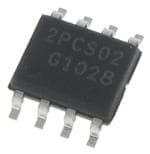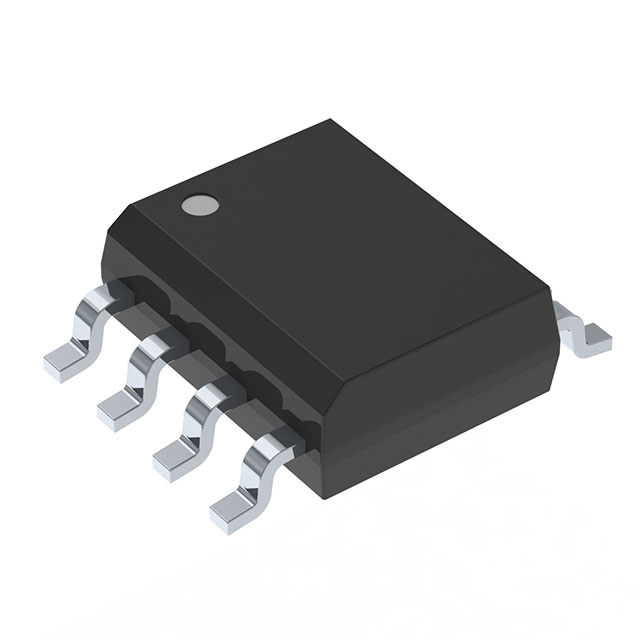Home > Passive Components > Resistors >
ICGolden Resistors
Types of Resistors:
| Chip Resistor – Surface Mount | Through Hole Resistors |
Result: 39
Resistors are passive electronic components that limit or control the flow of electric current in a circuit. They are widely used in electronic circuits for various purposes, including voltage division, current limiting, and signal conditioning. Resistors come in different types, each serving specific functions:
Fixed Resistors: These resistors have a constant resistance value that cannot be adjusted. Common types include carbon film resistors, metal film resistors, and wire wound resistors.
Variable Resistors (Potentiometers): Unlike fixed resistors, these resistors have an adjustable resistance. Potentiometers, often called pots, allow the user to vary the resistance manually, making them useful for volume controls and tuning circuits.
Trimmers: Trimmer resistors, or trim pots, are small, adjustable resistors designed for calibration or fine-tuning in electronic devices during manufacturing or servicing.
Rheostats: Similar to potentiometers, rheostats are variable resistors but are specifically designed to handle higher power loads. They are commonly used for controlling the current in applications like heating elements.
Thermistors: These resistors exhibit a resistance that varies significantly with temperature changes. They are often used in temperature-sensing applications.
Light-Dependent Resistors (LDRs): LDRs are resistors whose resistance changes with varying light levels. They are commonly used in light-sensitive applications such as streetlights and camera exposure control.
Resistors are essential in designing electronic circuits to achieve desired electrical characteristics and ensure proper functionality. The specific type of resistor chosen depends on the application's requirements and the electrical properties needed in a circuit.


